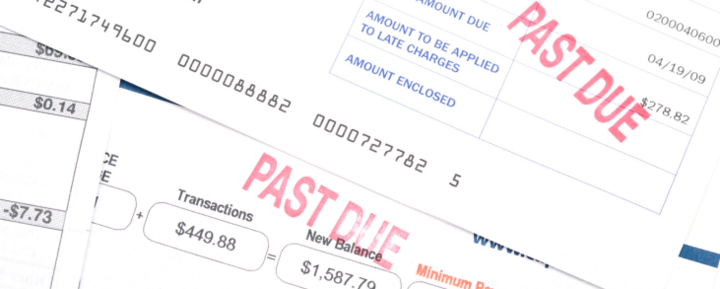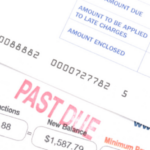In my work as a debt resolution attorney, I often see firsthand how financial stress can impact individuals and families. The beginning of a new year is the perfect time to set goals that will bring you closer to financial security and peace of mind. Here are the top financial goals to aim for in 2025, along with practical steps to achieve them.
Top Financial Goals for 2025
Create a budget to pay off debt and increase financial wellness
It’s hard to make positive financial changes if you don’t actually know where all your money is coming from and going. That’s why I recommend ensuring you have a solid budget in place before tackling any specific issues.
A well-crafted budget helps you track your income and expenses, assign a purpose to each dollar you earn, and ensure that your cash flow stays positive. There are plenty of free templates and apps online that can help you get started.
Adopt better money management habits
Whether you want to save more money, pay down debt, or stop impulse spending, making an effort toward better money management habits can significantly impact your financial health.
How you approach this goal is up to you, and there are many strategies out there that can lead to better money habits. For instance, you can try implementing a 24-hour “cooling off” period before making non-essential purchases.
Set financial goals that stick
It’s much easier to tackle your financial goals when they’re realistic and actionable. To ensure your goals stick, make them SMART: specific, measurable, achievable, relevant, and time-bound.
For example, instead of a vague goal like “save more money,” set a concrete goal such as “save $10,000 for a house down payment by December 2025.” Breaking large goals into smaller, manageable milestones helps you stay motivated, while writing them down and revisiting them regularly keeps you focused.
Improve your credit score
Your credit score impacts many areas of your financial health. Good credit can not only help you secure better interest rates on loans and credit cards, but it also affects your ability to rent an apartment, open utility accounts, and even get hired for certain jobs.
Paying bills on time is one of the most effective ways to improve your credit score, so consider setting up reminders or automatic payments to avoid late payments. Reducing your debt — especially credit card balances — is another key step.
Additionally, you should regularly review your credit reports for errors and dispute any inaccuracies. You can get free copies of your credit reports from the three major credit bureaus (Equifax, Experian, and TransUnion) by visiting annualcreditreport.com.
Protect yourself from debt collectors
Americans have faced a number of financial challenges over the past few years, from rampant inflation to sharply rising interest rates. Many people have had to rely on credit to get by, and are now dealing with unmanageable debt.
So if you’ve been getting calls and letters from aggressive debt collectors, protecting yourself starts with understanding your rights. The Fair Debt Collection Practices Act (FDCPA) prohibits harassment, false statements, and other abusive practices by debt collectors. If a debt collector violates your rights, consulting an attorney can help you address the situation with an advocate on your side.
Sette debt lawsuits before they go to court
If you’re facing a debt lawsuit, the first step is to respond promptly; ignoring a lawsuit can result in a default judgment against you, which means you automatically lose the case and must repay the amount in question.
The good news is that creditors are often willing to settle, which means you could avoid court and potentially end up paying back a fraction of what you owe. If you go this route, seeking the right legal debt help is highly recommended. An experienced debt relief attorney can provide expert guidance and ensure that the settlement terms are fair and within your budget.
Choose a lawyer over a debt settlement company
While debt settlement companies often promise quick solutions, they can be costly and ineffective. A debt lawyer, on the other hand, offers several advantages.
For one, lawyers are ethically bound to putting your best interests first. They also bring legal expertise to navigate complex issues and negotiate with creditors effectively. Unlike settlement companies that use one-size-fits-all approaches, a debt help lawyer can provide personalized strategies tailored to your unique financial and personal situation.
If you aren’t sure if hiring a debt attorney is right for you, most firms offer free consultations so you can talk through your situation and learn more about potential solutions and costs. At the very least, speak with a legal debt professional so you can make an informed decision on how you want to proceed.
It’s never too late to take control of your finances. This year presents a new opportunity to make positive changes, whether it’s getting your budget under control, saving more money, or resolving a stressful debt situation. And remember: You don’t have to do it on your own. There are plenty of resources available to help you tackle your biggest financial goals and find success in 2025.







